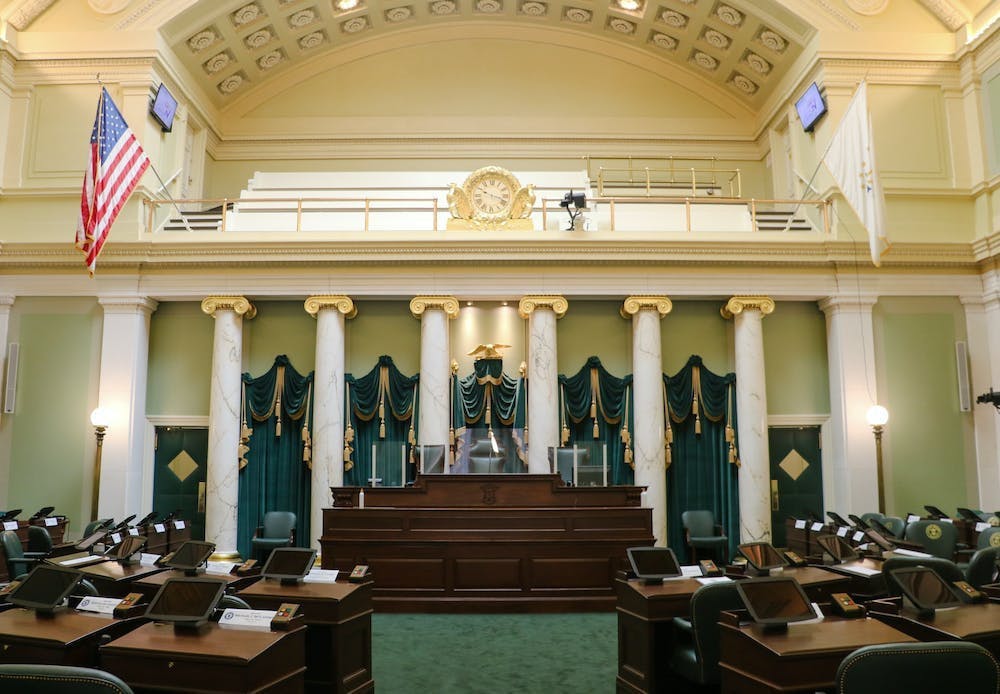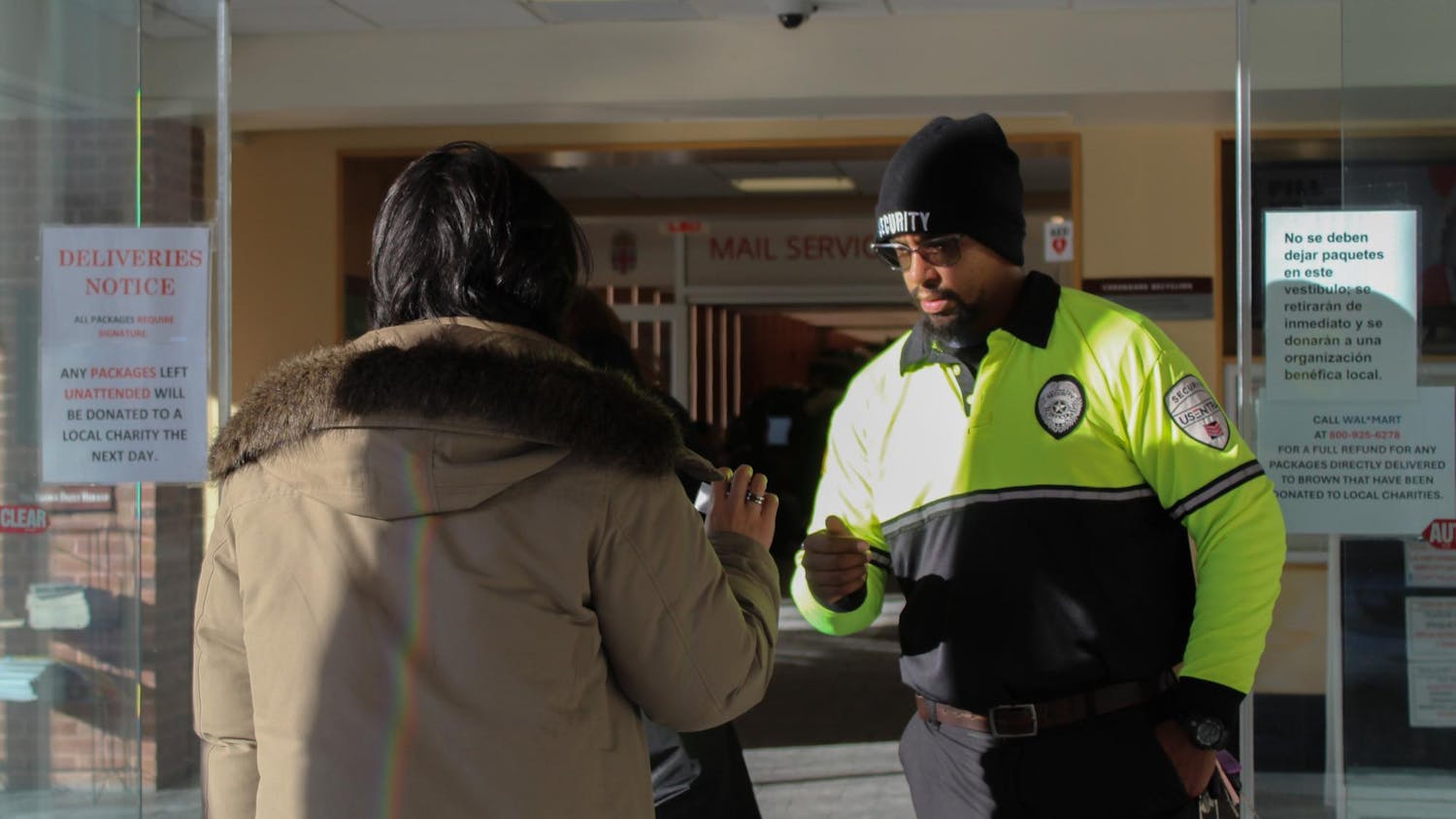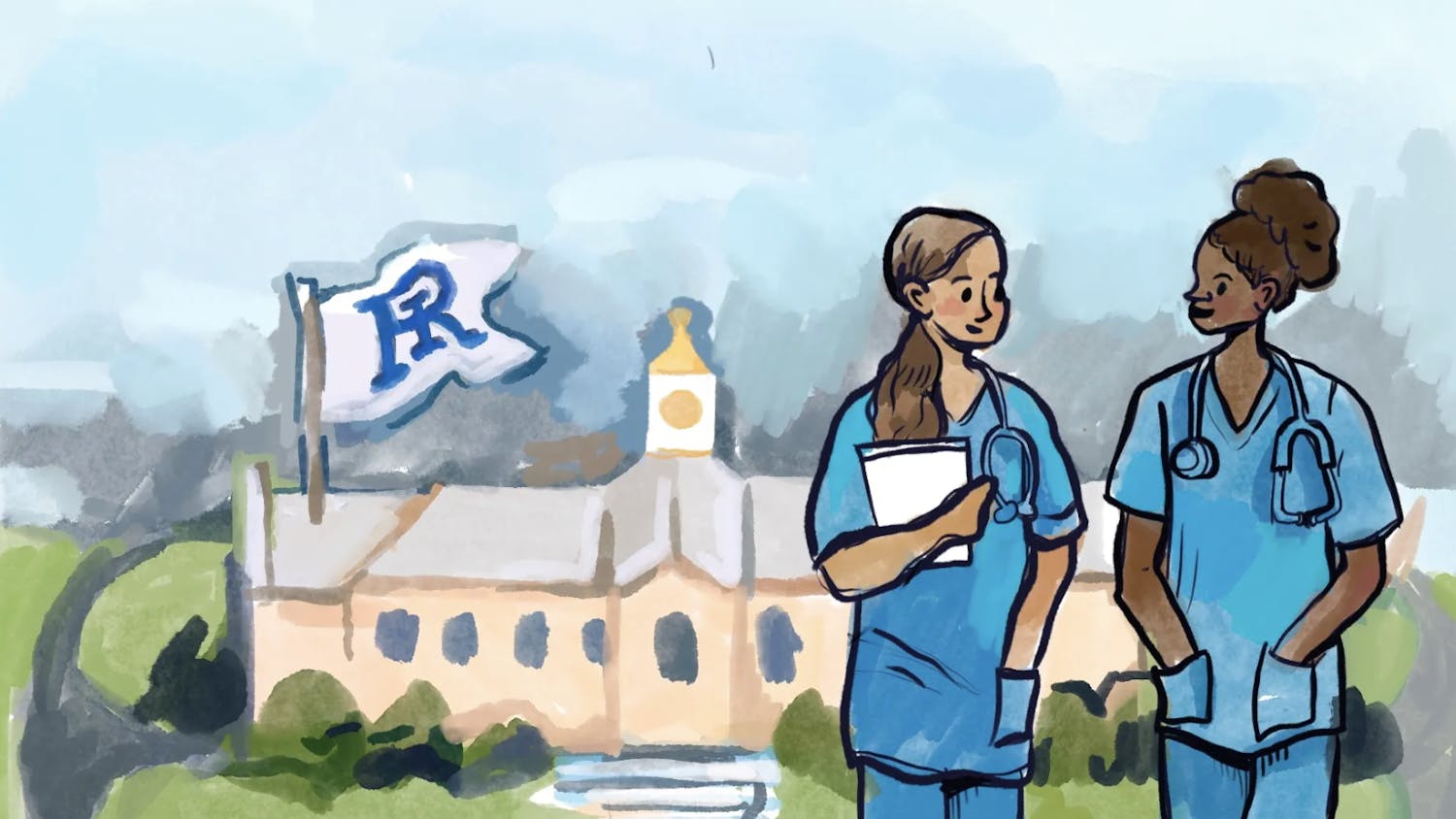On May 13, State Senator Meghan Kallman PhD’16 introduced a state senate bill proposing a public option for affordable housing in Rhode Island which would allow the state to directly fund construction projects through a state agency. Since then, the Ocean State has taken various approaches to improve affordable housing options.
In June, the state legislature passed a budget including a $10 million pilot program for the state to develop a pilot housing project. In August, Governor Dan McKee signed a bill establishing a statewide Department of Housing — a proposal included in Kallman’s bill. In November, the state announced that $166 million in funding would be made available for affordable housing.
But Kallman’s Create Homes Act, co-sponsored by six other Democratic state senators including Senate President Dominick Ruggerio, did not pass. At a Zoom meeting Monday evening, progressive organizing group Reclaim RI discussed the bill and its path forward.
Rhode Island’s housing crisis forces the state to use all available affordable housing funds from the federal government, said Paul Williams, founder and director of the Center for Public Enterprise, a think tank focused on creating public housing options. Williams spoke alongside Brandon Welch, a Reclaim RI policy director, at the event.
By allocating Department of Housing funding to develop cross-subsidized projects that economically balance losses from low-income tenants with rent from higher-income tenants, the state could increase its supply of affordable housing, Williams said.
“The private market won’t meet that need because it can’t generate the profits it wants with rents that are affordable to low and moderate-income people,” Williams said.
The initial bill called for using funds from the American Rescue Plan Act of 2021, but Reclaim RI Co-Chair Daniel Denvir noted that other funding methods are possible, such as a tax on housing speculation or a tax on second homes.
Current Rhode Island law requires that towns and cities make 10% of their available housing affordable — but only six of 39 communities met that requirement as of 2021, according to HousingWorks RI’s 2021 fact book.
“Clearly, Rhode Island has not had a comprehensive plan historically for housing overall and for affordable housing,” Welch said.
An increase in state-developed affordable housing would impact everyone, Welch added. Lower-cost options would force landlords to “compete in honest terms.”
The bill, as written in May, also includes a provision allowing the state to overrule “exclusionary housing laws” in cities and towns that do not meet the 10% threshold — while offering increased education funding to any state that voluntarily exceeds the threshold, according to event slides.
Additionally, it provides for the creation of a land bank, prevents the sale of “social housing to corporate entities” and calls for the “preservation and renovation” of existing multifamily housing, according to event slides.
Williams noted that while some concerns about the program have emerged, the pilot program funded this past summer can serve as a “test case” for questions regarding tenant governance and the financing of publicly developed housing.
That pilot program, Denvir added, marks a “paradigm shift,” despite the original bill’s failure to pass.
“We believe it’s the first direct state investment in creating new public housing perhaps since the 1930s,” he said.
For the bill to reach McKee’s desk this spring, a handful of developments have to occur, Welch explained. First, funding for the bill must make it into the 2024 budget — but the bill itself will also need to be reintroduced. The success of the reintroduced bill will partially depend on it being introduced earlier in the legislative session, which begins in January.
“Hopefully, the bill can be introduced early so it receives the attention it needs and can be passed during the session,” Welch said. A number of people “interested in the bill” and who believed it had merit thought it “came too late.”

Will Kubzansky was the 133rd editor-in-chief and president of the Brown Daily Herald. Previously, he served as a University News editor overseeing the admission & financial aid and staff & student labor beats. In his free time, he plays the guitar and soccer — both poorly.





